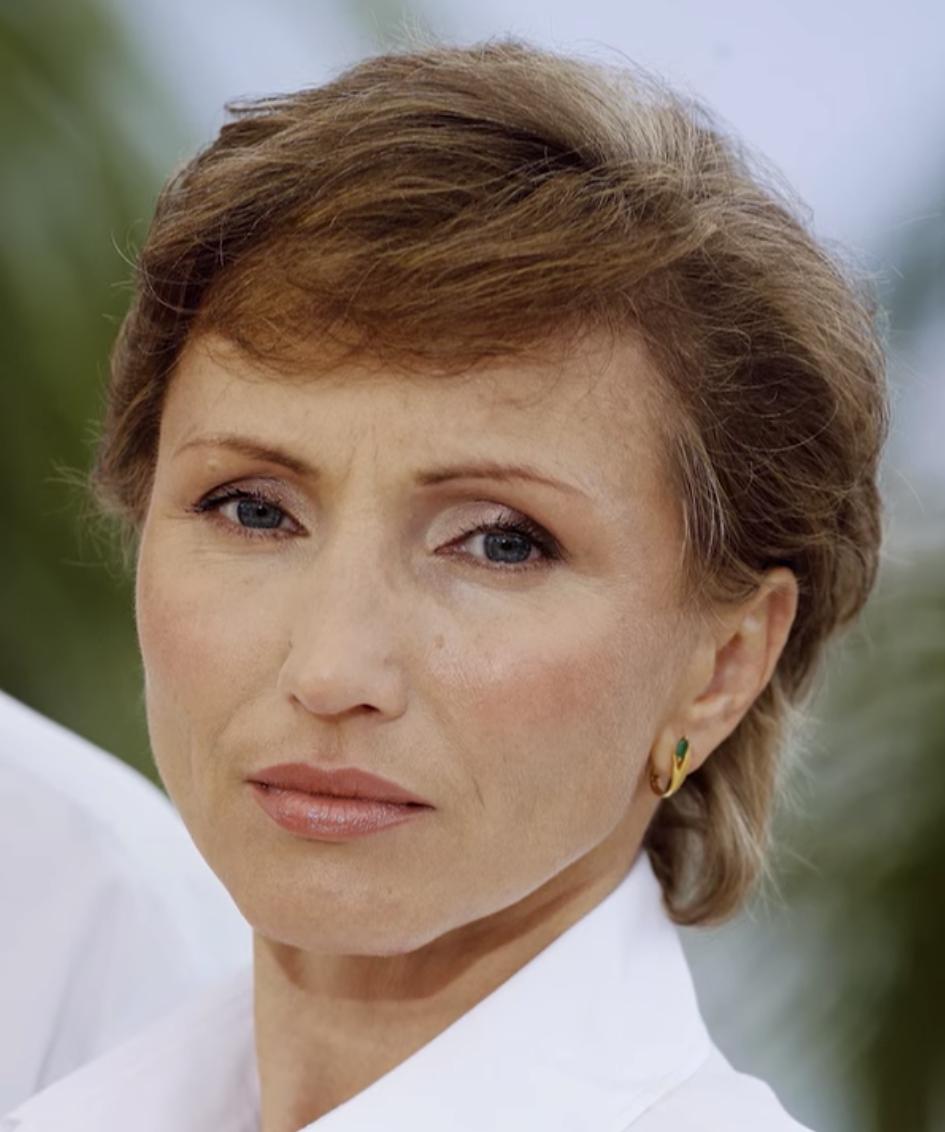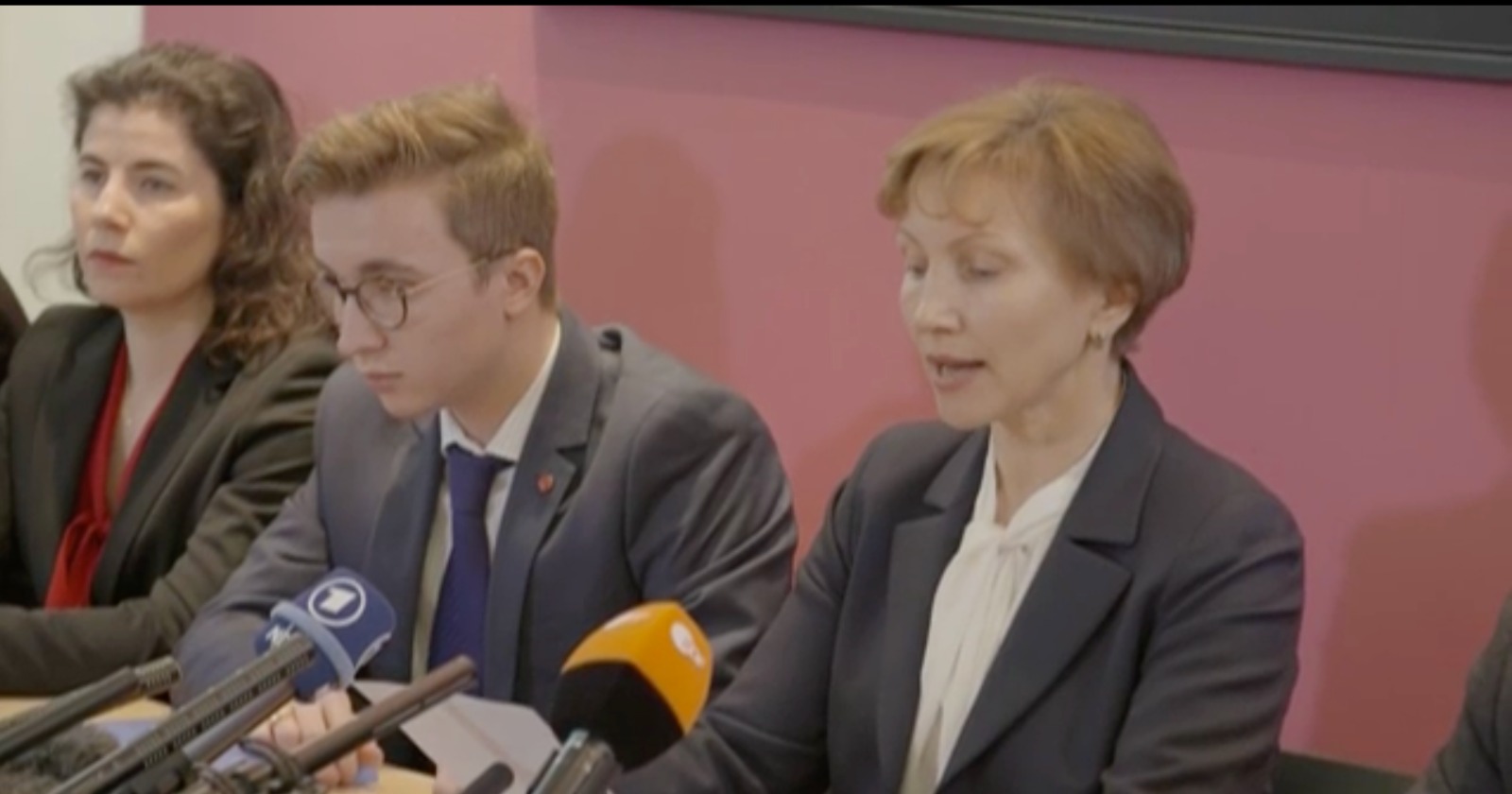On NBC’s ‘Dateline: The Real Blacklist, Russian Spy,’ Marina Litvinenko recalled the uphill battle she fought to bring the perpetrators responsible for the 2006 poisoning death of her husband, Alexander Litvinenko. He was a former Russian spy and businessman who was allegedly murdered by the KGB in London, England. Marina delves into the legal complexities and how she ran from one political corridor to another, seeking justice for her husband.
Who is Marina Litvinenko?
Marina Litvinenko was born in Moscow in 1962, grew up, and was educated there. She studied at Moscow State University for five and a half years, graduating as an engineering economist. By the time she completed graduation, she had already become heavily involved in dancing. After leaving university, she became a professional dancer. She married her dance partner, and for several years, the couple participated in competitive ballroom dancing and worked as dance teachers. The marriage ended in 1989.

Marina stopped competitive dancing after her divorce but continued with her teaching job. Two of her friends from her dancing days, a couple, had been receiving extortion demands for money and threats of violence from a former business associate. They had reported the matter to the authorities, and Alexander “Sasha” Litvinenko, a KGB agent, was investigating the case. The couple had an amicable relationship with Sasha, and he was invited to attend a dinner party at Marina’s flat to celebrate the latter’s birthday in June 1993.
At the time, Sasha was still married to his former wife, Natalia, and had two children with her. However, their marriage was in the doldrums and ended in divorce shortly thereafter. He and Marina began a relationship, and their son, Anatoly, was born in June 1994. They married in October 1994. However, their happy world was soon turned upside down when Sasha was tasked with the alleged assassination of Boris Berezovsky in late 1997 by his senior officers at the Department for the Investigation and Prevention of Organised Crime (URPO).
Sasha disobeyed the order to kill Boris, an influential Russian Moghul, as he was a friend and considered the operation unlawful. He denounced the assassination plot in a public press conference in November 1998 and exposed alleged corruption inside the FSB. After being dismissed from service and serving prison for eight months, the family fled Russia in November 2000 after allegedly receiving death threats. With Boris’ assistance, they came to London, UK, where they were granted political asylum and citizenship.
However, Sasha continued his political tirade against the Russian government and accused President Putin of silencing him and murdering journalists and critics. Marina claimed these activities as the primary reason for which her husband was murdered by former KGB agents poisoning his tea with radioactive polonium-210. Sasha fell ill on November 1, 2006, and died around three weeks later, on November 23. A subsequent investigation by Scotland Yard found substantial evidence that supported Marina’s claims.
Marina Litvinenko is a Vocal Political Critic
Marina recounted those tragic days of her husband slowly dying in the hospital. She said, “I thought, ‘He’s in hospital, they know what to do with him, they will start to give him the antidote.’ I thought it was all under control.” She recalled how a gut feeling forced her to take their son to the hospital the night before Sasha passed away. The teary-eyed Marina reminisced how her husband, on his deathbed, urged her to tell the world about the perpetrators responsible for his death.

She did not fail Sasha as she continued her battle against Russia, running from one political corridor to the other, and appearing in a host of TV and print interviews, accusing Putin and KGB of murdering her husband. Even after Russia turned down the British Foreign Office’s formal request to extradite former KGB agent Andrei Lugovoi, she did not give up. After a 2016 UK public inquiry suggested the alleged involvement of Nikolai Patrushev, the former FSB Director, and President Putin, she went to the European Court of Human Rights.
The ECHR sided with her and ordered Russia to pay €100,000 in non-pecuniary damage and €22,500 for costs and expenses to Marina. Even though Russia continues to deny the allegations and is yet to pay her, Marina feels she might have got some form of justice for Sasha. She has been featured in a slew of documentaries and shows surrounding her husband’s murder. She recounted in a 2017 interview how she felt she was being continually monitored and feared for the safety of her octagenarian mother residing in Moscow. Now in her early 60s, she continues to stay in London and is a prolific critic of President Putin.
Read More: Alexander Litvinenko Murder: How Did He Die? Who Killed Him?


You must be logged in to post a comment.